A little introduction to hardy citrus
socalnolympia
4 years ago
last modified: 4 years ago
Related Stories
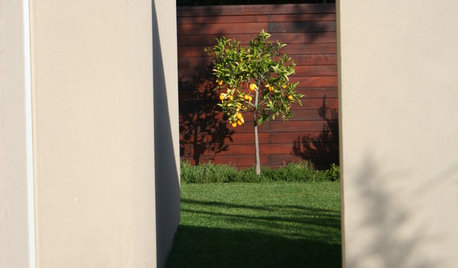
GARDENING AND LANDSCAPINGCitrus 101: Start Your Own Backyard Orchard
This Earth Day Weekend, Add Some Green, Style and Deliciousness to Your Landscape
Full Story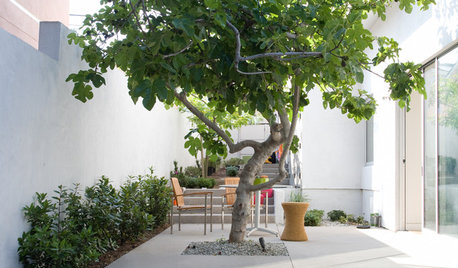
TREES10 Spectacular Trees for Courtyards and Tight Spaces
Here are some top small-scale trees for 4-season interest, easy care and little mess
Full Story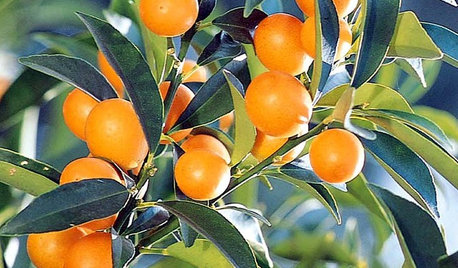
GARDENING GUIDESGreat Design Plant: Kumquats for a Juiced-Up Winter
Grow it for the edible fruit or its good looks alone. This citrus cousin will brighten any gray winter day
Full Story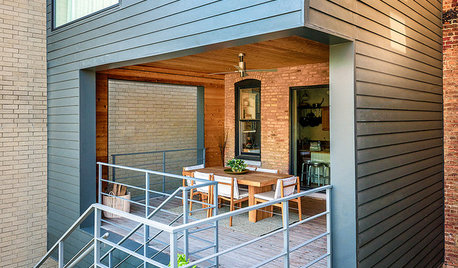
ADDITIONS3-Level Chicago Addition Marries the Old and the New
A 100-year-old home is renewed with the introduction of modern materials and a creative outdoor solution
Full Story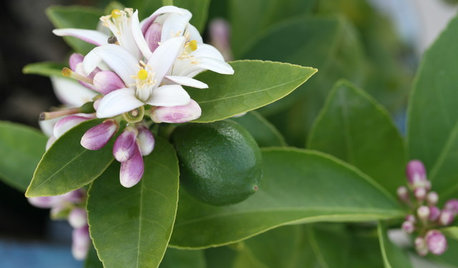
EDIBLE GARDENSTop Off Your Cocktails With Homegrown Garnishes
Find out how and where to grow popular beverage adornments such as citrus, mint, strawberries and more
Full Story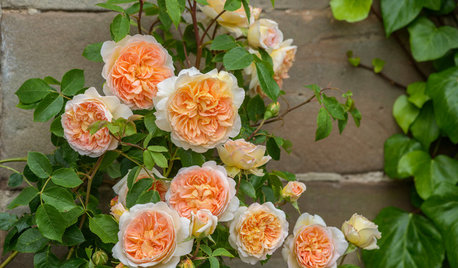
FLOWERSSneak a Peek at Some of Next Year’s Irresistible New Roses
Here are top 2018 picks for beautiful blooms, lovely fragrances and exceptional disease resistance
Full Story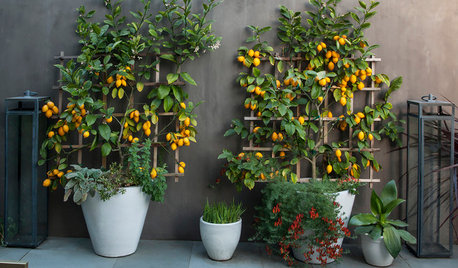
TREES10 Top Trees to Grow in Containers
These container-friendly trees make great specimens for pots on the patio or marking an entrance
Full Story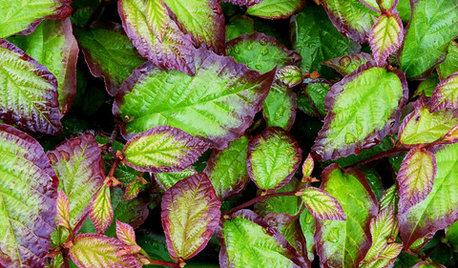
GARDENING GUIDES7 New Plants to Grow for Beautiful Foliage
Add color, structure and interest to your garden with these recently introduced plants that sport exceptional foliage
Full Story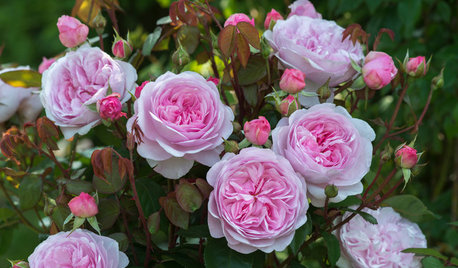
ROSES9 Roses That Landscape Designers Love
See which beautiful and reliable rose varieties are favored by designers around the country
Full Story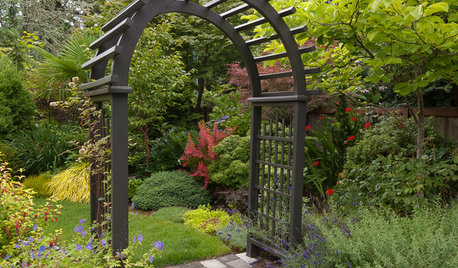
PLANTING IDEASGreat Garden Combo: 9 Plants for an Intriguing Entrance
Layer trees, flowers and shrubs around an archway to create the feeling of a year-round doorway to adventure
Full StorySponsored
Central Ohio's Trusted Home Remodeler Specializing in Kitchens & Baths



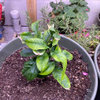

poncirusguy6b452xx
Dave in NoVA • N. Virginia • zone 7A
Related Discussions
Hardy citrus in zone 6?
Q
Cold hardy citrus
Q
Early ripening, cold hardy citrus
Q
rare cold hardy citrus collection
Q
Jan